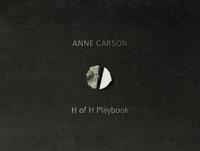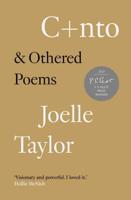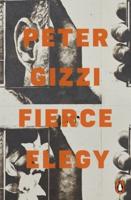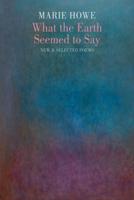Publisher's Synopsis
Poetry at its best captures the reader and does not let go. No explanation is required, no translator, no learned specialist, education be damned. Of course poets hope the reader has some fluency and love of language. But no preparation should mar the experience, at least initially. That said, we return to a great poem again and again, gaining insights that might have been missed, savoring words and phrases. A knowledge of form, meter, or poetics is for the specialist. The ideal reader is amazed and delighted by some number of words strung together, or he is not. If she cannot be touched in some way then the poet has failed. William Shakespeare wrote sonnets that are as felicitous and clear today as they were to readers five hundred years ago. If he followed certain rules, the reader does not have to name them or even be aware of them to enjoy the poems. Too many poets today believe that rules make the poem; they do not. If formal verse is great, perhaps it had its time and place. Or, put another way, the reader today has expectations and needs that are met in ways undreamed of by the ancients. Meeting contemporary needs is the challenge set before the modern poet.










